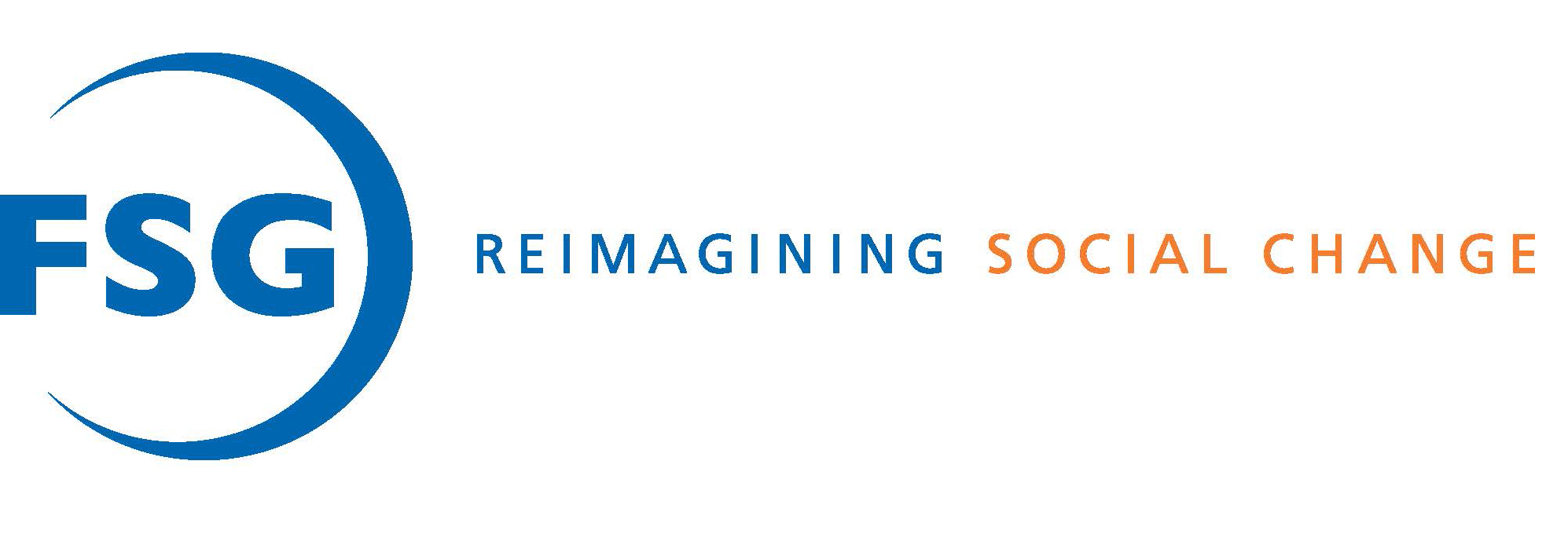NGOs Partnering with Business to Accelerate Shared Value
In order to achieve their social missions, NGOs are increasingly thinking more strategically about partnering with businesses to create shared value
Oct 31, 2012 10:05 AM ET
Campaign:
Creating Shared Value
Blog on the Guardian by Kyle Peterson, managing director at FSG
It used to be that a typical meeting between a business and nongovernmental organisation (NGO) resulted in one of two outcomes: confrontation or a donation. Think Greenpeace versus McDonalds or corporate philanthropic funding to the United Way and Habitat for Humanity.
But times are changing. Riding the wave of public-private partnerships and the idea of shared value, NGOs are rethinking their relationship with the private sector to better meet their social missions. Consider how CARE has helped Unilever and six other companies increase the reach of their products in Bangladesh through a rural sales network. In the process, almost 3,000 women now have jobs. Teaming up with a local NGO (Fonkoze), Mercy Corps has helped provide small business owners with critically-needed disaster insurance in Haiti and a new customer base for insurer SwissRe. Save the Children has helped Proctor & Gamble develop new markets for its sanitary products in developing countries. While Proctor & Gamble benefits from Save the Children's awareness-building and demand generation, Save the Children views the partnership as a way to stop dropout rates among young girls in resource constrained settings. FSG and Professor Michael Porter of the Harvard Business School have written extensively about the changing role of business in society under the banner of shared value. As much as we see new opportunities for the private sector to solve many of the world's toughest problems, we realise that, even with great innovation, companies do not reconceive products, improve productivity in the value chain, or build the enabling environment alone. Often, NGO partners (or government and donors) are needed to fill in relationships, knowledge, and resource gaps. Increasingly, NGOs recognise that the people they are trying to serve are also companies' customers and suppliers or live in the communities where businesses operate. This mutual interest, fueled by the private sector's assets, skills, and investment potential (Rio Tinto spends $85m on training local construction workers in Mongolia, making them a huge investor in education in that country), can help scale NGO impact in sustainable ways. We see NGOs scaling their impact with companies across all three forms of shared value: • Reconceiving products and markets: the Seattle-based NGO PATH understands that one of the best ways to dramatically increase access to its single use Uniject syringe is to partner with Becton Dickinson in a novel licensing agreement. • Redefining productivity in the value chain: the World Wildlife Fund works closely with Walmart on a host of agricultural and other supply chain issues to ensure that high-demand products such as seafood are sourced more sustainably. • Building local clusters: TechnoServe is working with the Bill & Melinda Gates Foundation to help 50,000 farmers in Uganda and Kenya grow and sell fruit for locally-produced Coca-Cola juices. This marks the trend toward three-way shared value partnerships - NGOs, businesses, and donors - coming together to solve a social problem at scale. For some NGOs, shifting from a corporate philanthropy to shared value mindset is difficult. NGOs often lack staff who understand the needs and preferences of business. For companies, NGOs can be daunting to interpret and penetrate as business-specific service offerings are still nascent. Large, international NGOs often position themselves as jack-of-all-trades organisations, making it difficult for companies to pick partners. In the future, NGOs will need to think more strategically about their partnerships with business. NGOs can be much more proactive and analyse their operational assets against the needs of corporations and market their offerings for mutual gain. Organisations such as Mercy Corps that are committed to shared value have undertaken a top-to-bottom review of their capabilities and focused in on a few areas such as financial inclusion for smallholder farmers. Such dedication may not usher in the sums of funds from government donors but do offer an alternate and powerful pathway to sustained impact at scale. NGOs will have to balance their resources when confronted with bilateral contracts and grants to ensure sufficient resources and management attention are allocated to shared value initiatives and indeed to explore ways through which to create a confluence between these sectors. None of these trends should lead to the conclusion that business offers a secure ticket to impact for NGOs. Nor will shared value thinking pervade all NGOs. Talk to staff and executives at NGOs and you will hear serious questions about collaborating with the private sector. But the trend toward shared value partnerships is real and growing. NGOs should take the time to investigate their own specific shared value opportunities. Kyle Peterson is a managing director at FSG Read the original blog post on the Guardian here.
